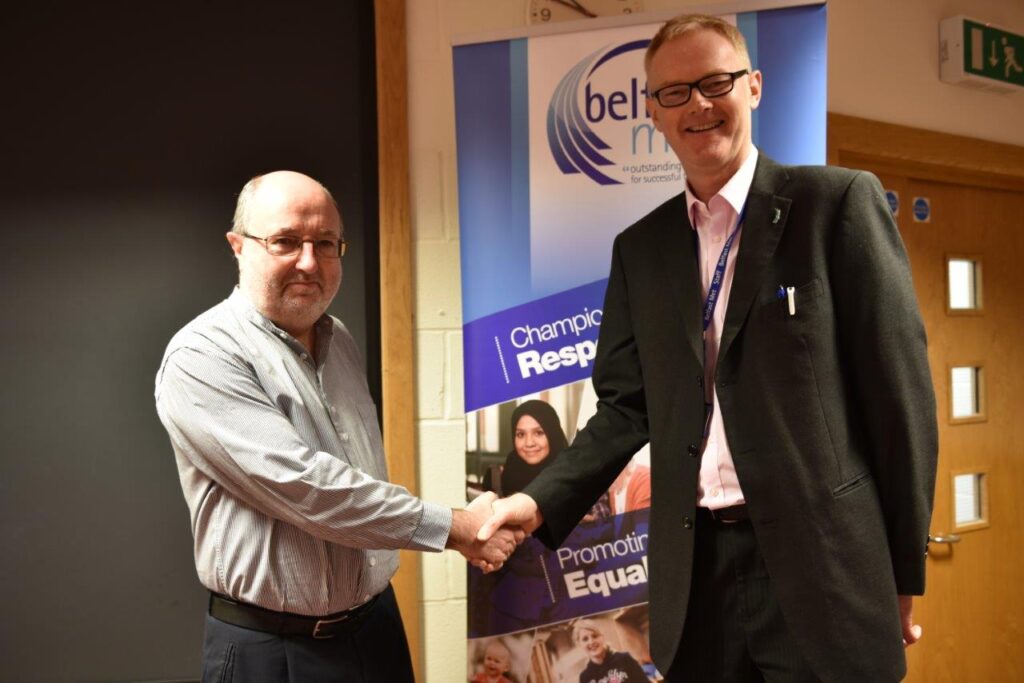Obituary: Colin Richardson

I first met Colin in 1984. I had submitted a proposal for a part-time PhD to Keele University and I had been invited to meet with Colin, who was then head of social work at the University, to discuss it. I have never believed in the romantic notion of love at first sight, but this was certainly love at first discussion. He was so intelligent and thoughtful, so well-informed and erudite, but – most importantly – so enthusiastic. It was so stimulating and so energising to be with him – then, and every other time I met him. I drove home thinking ‘I am going to love working with this wonderful man’ and I was right. And that was what…
Dr Neil ThompsonJanuary 11, 2018

